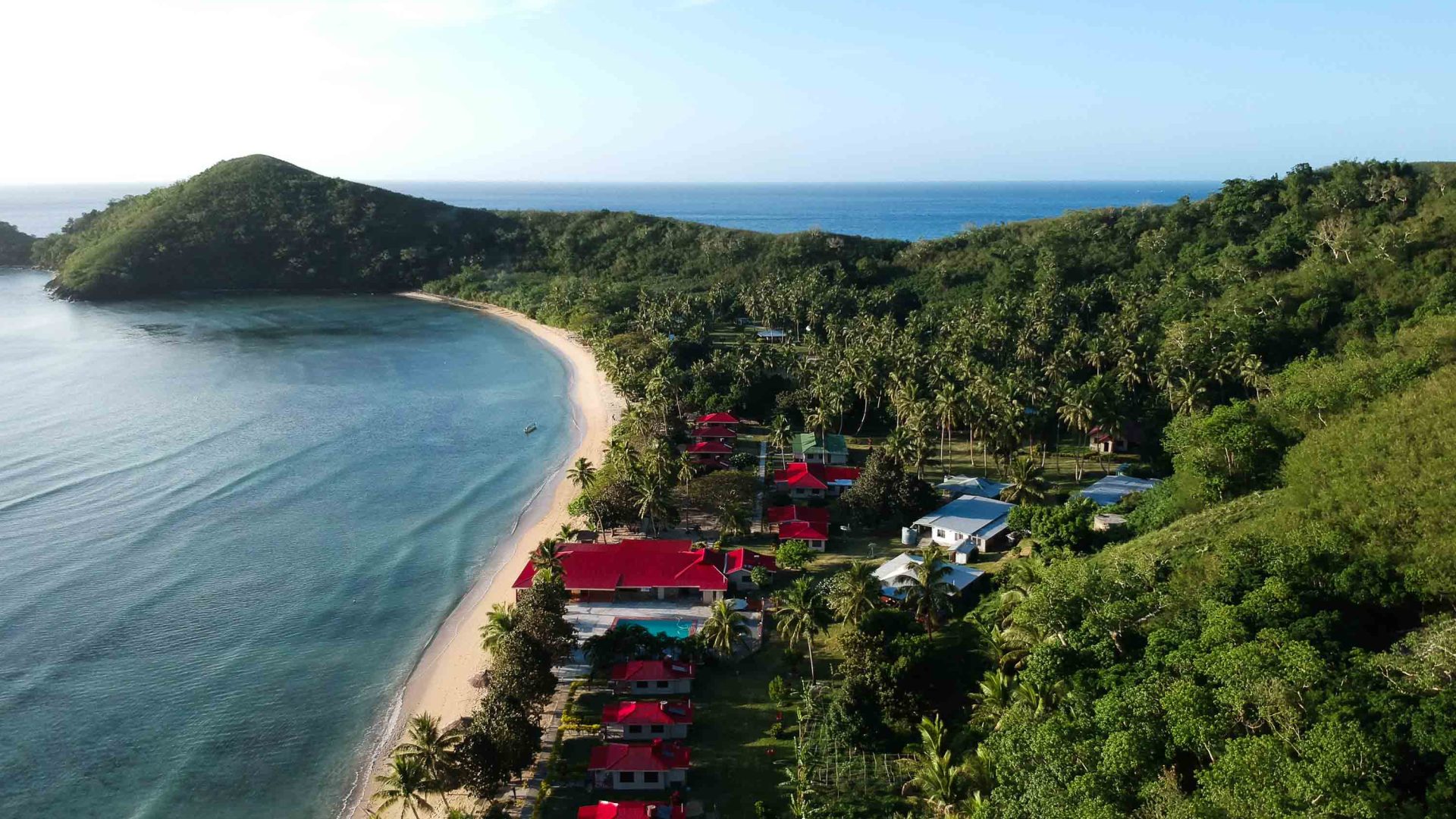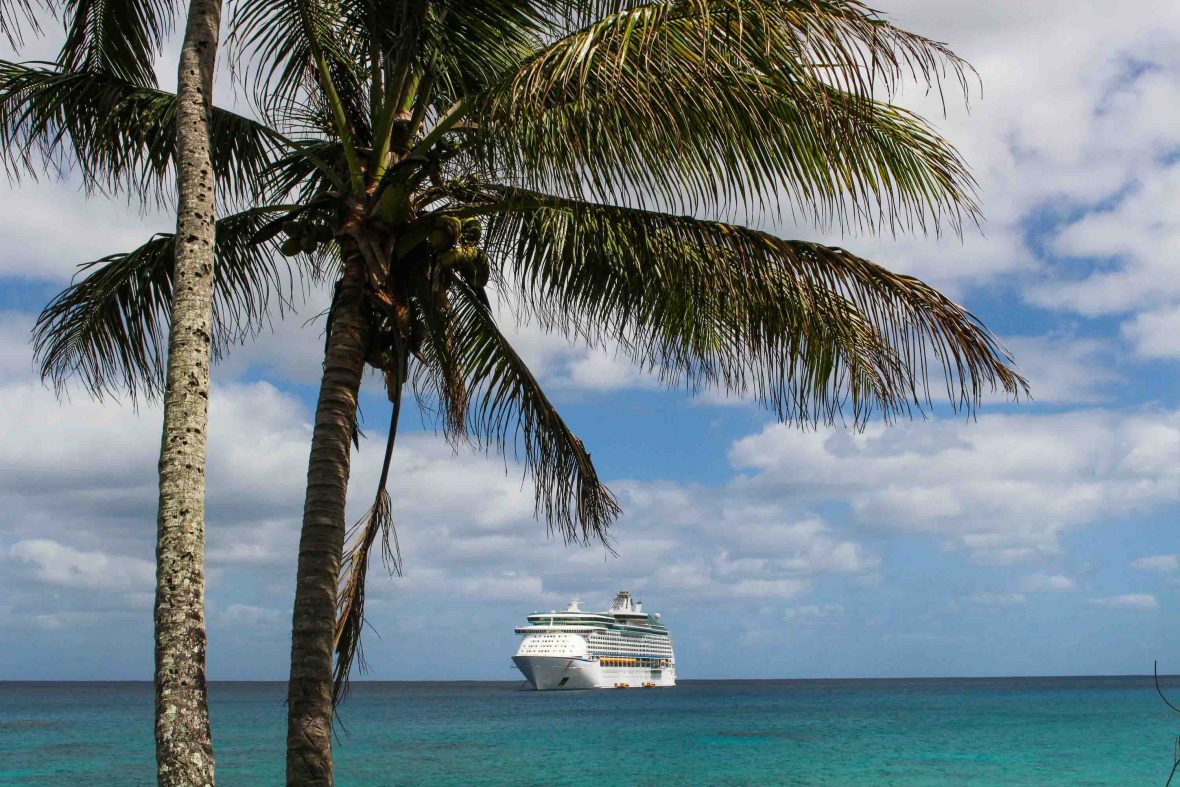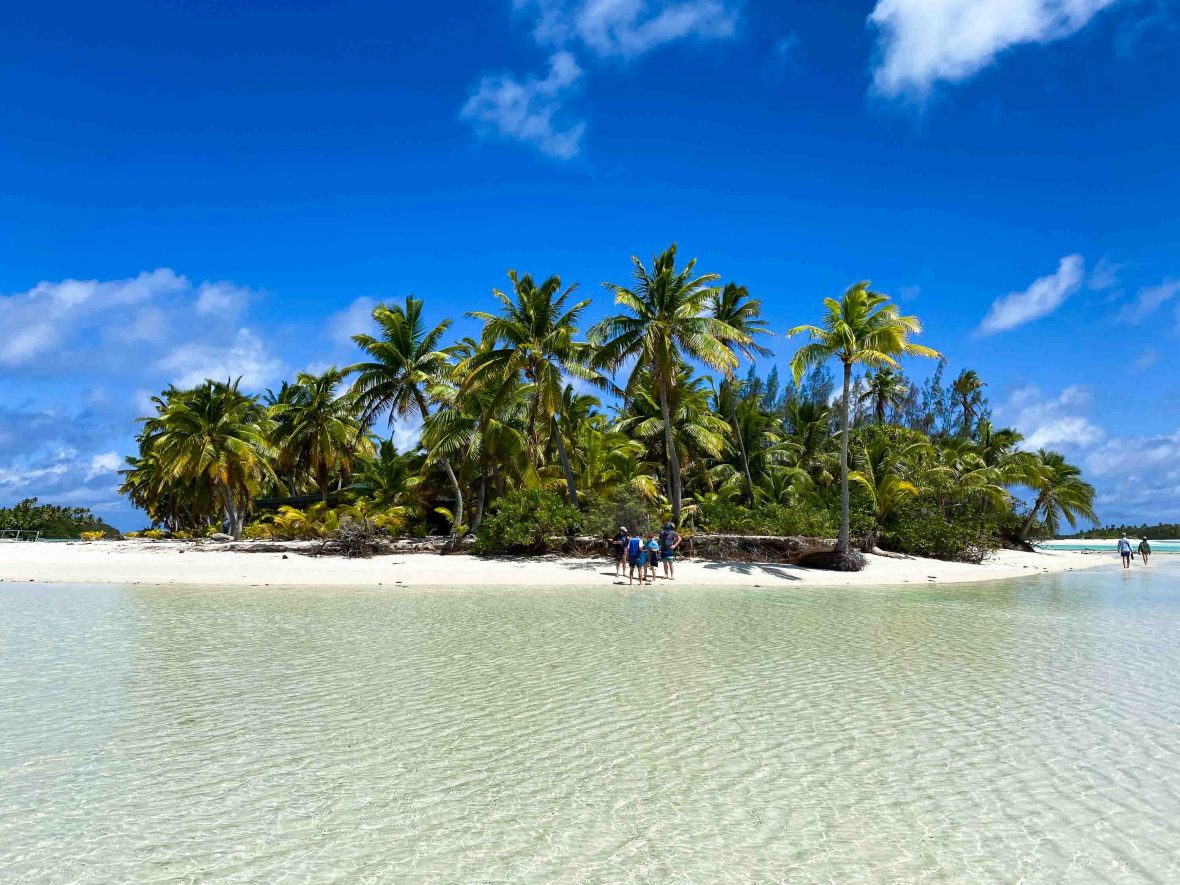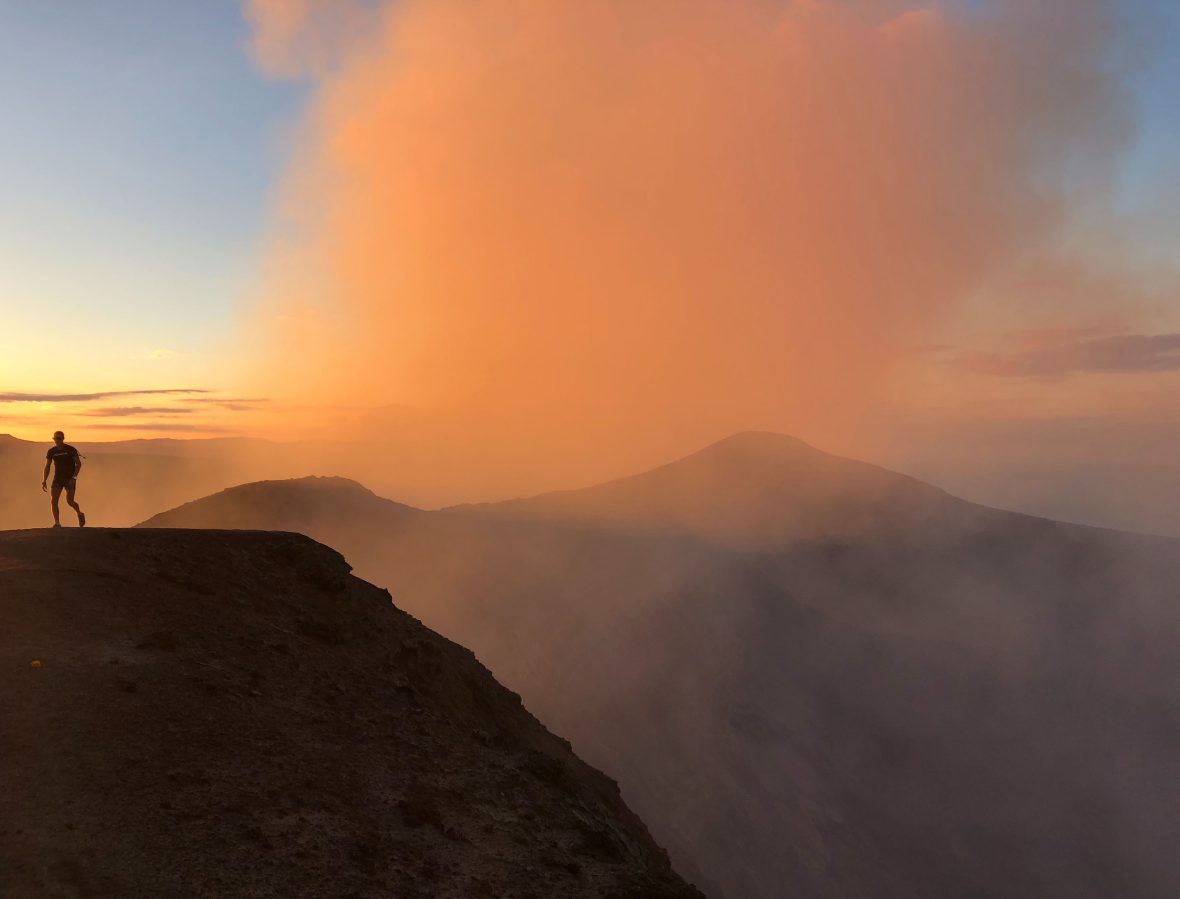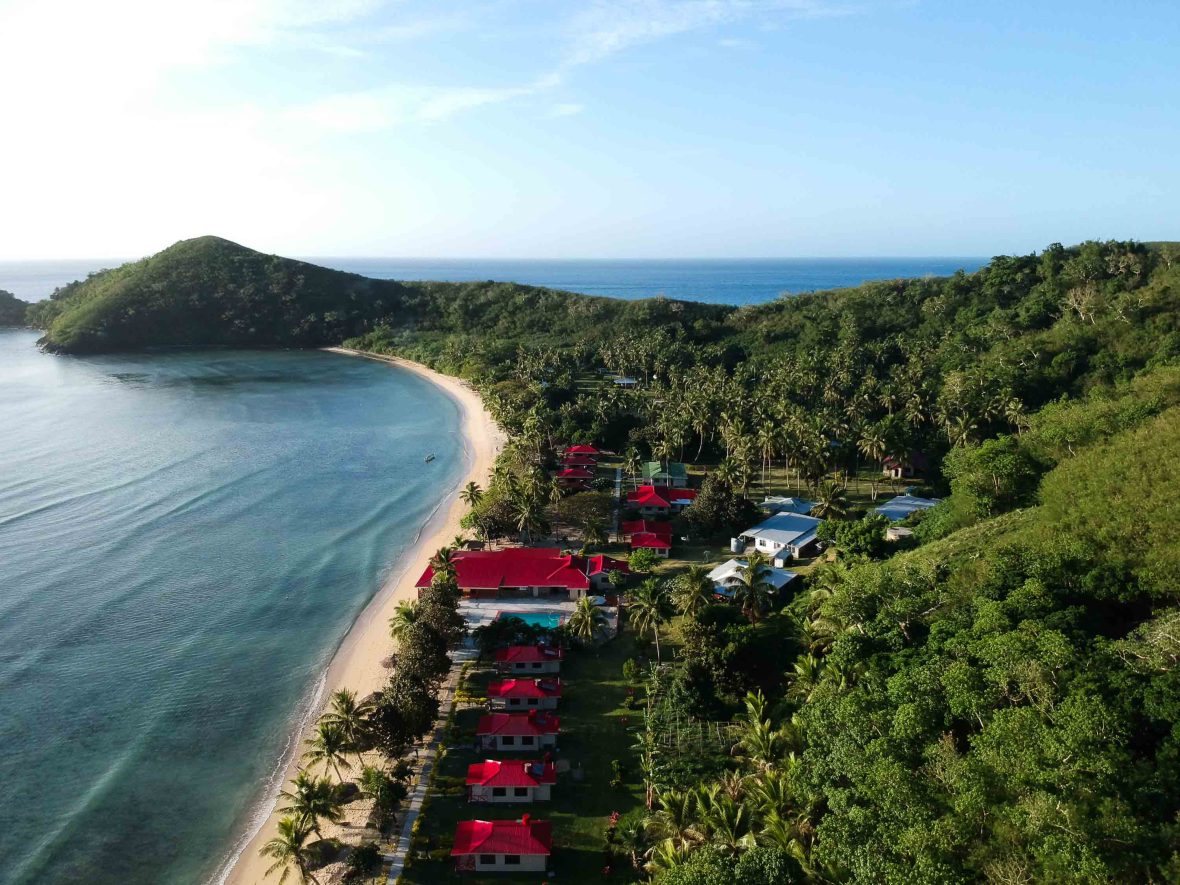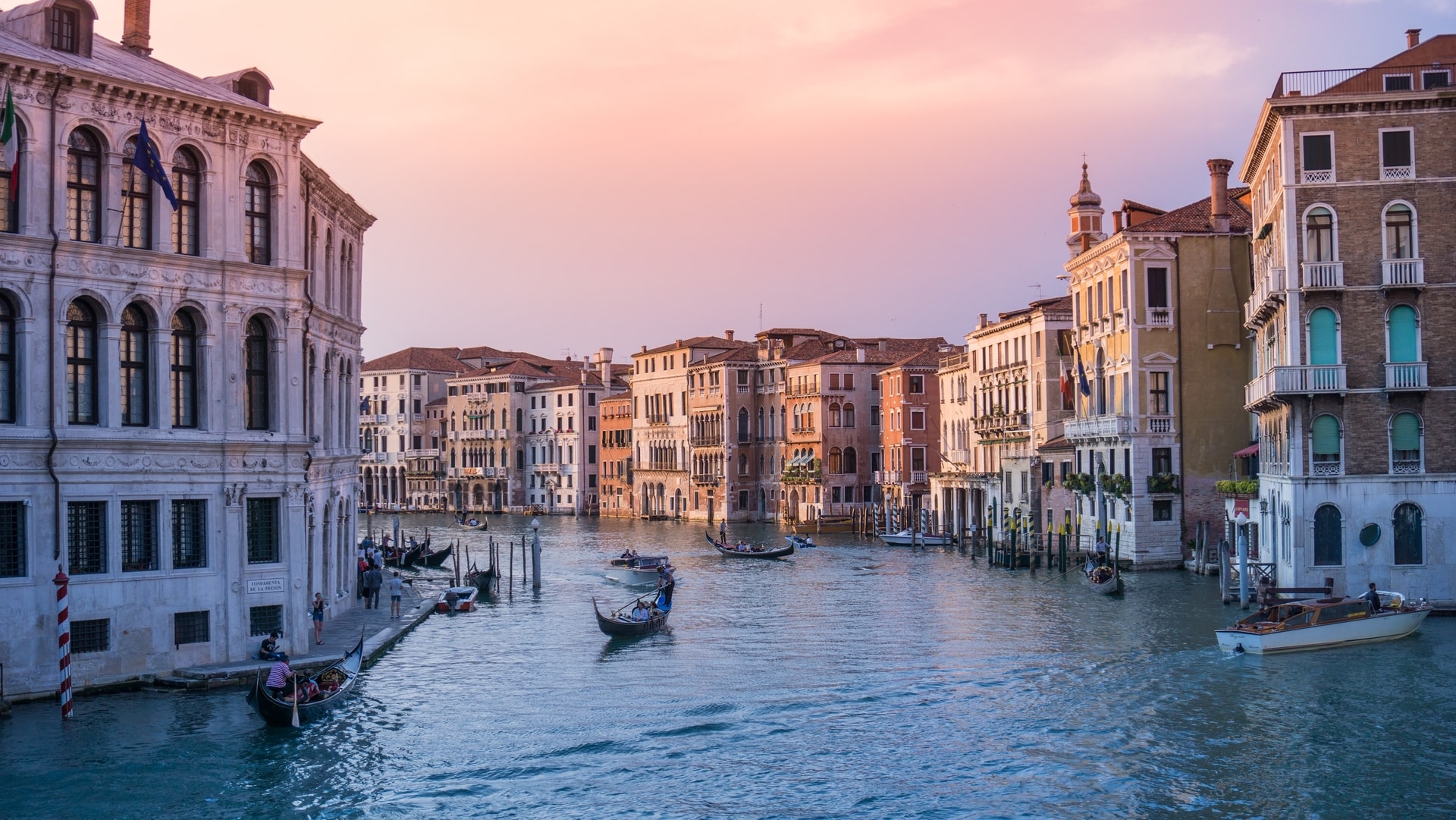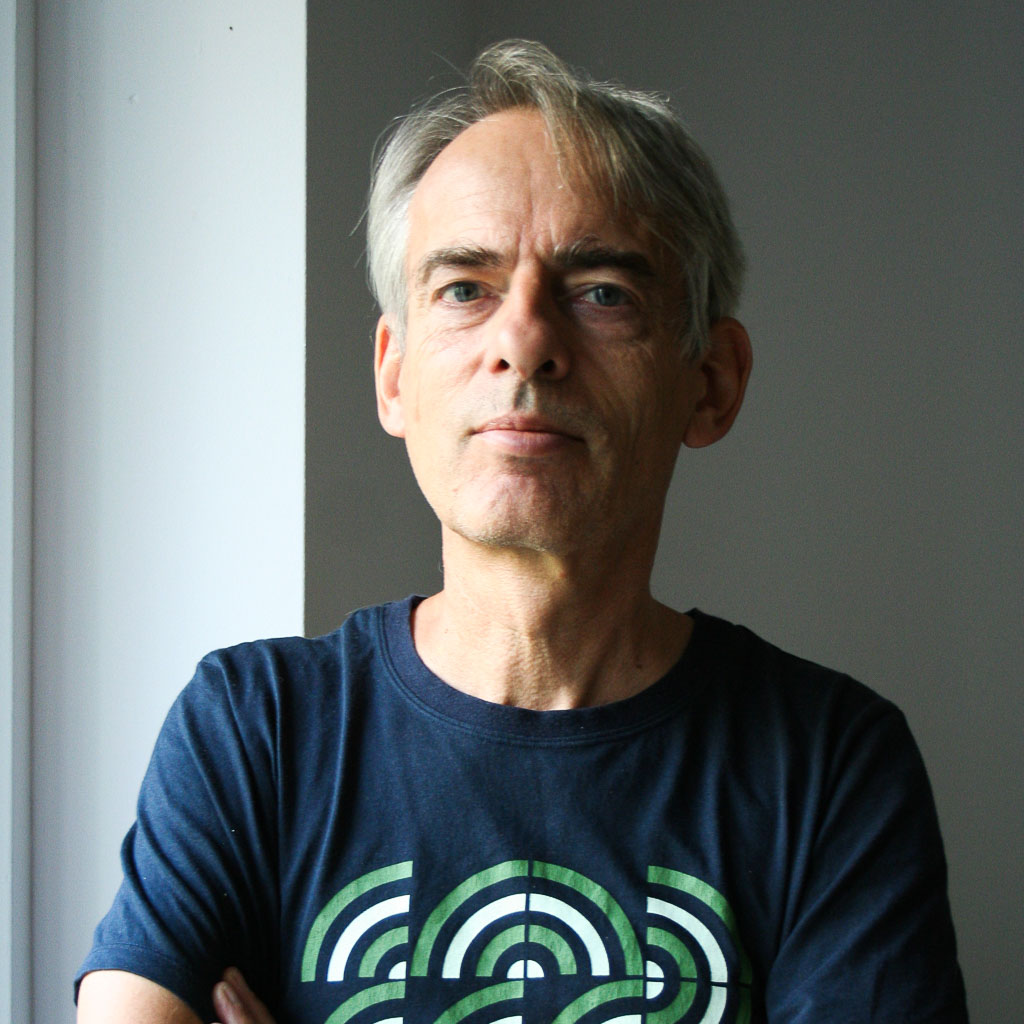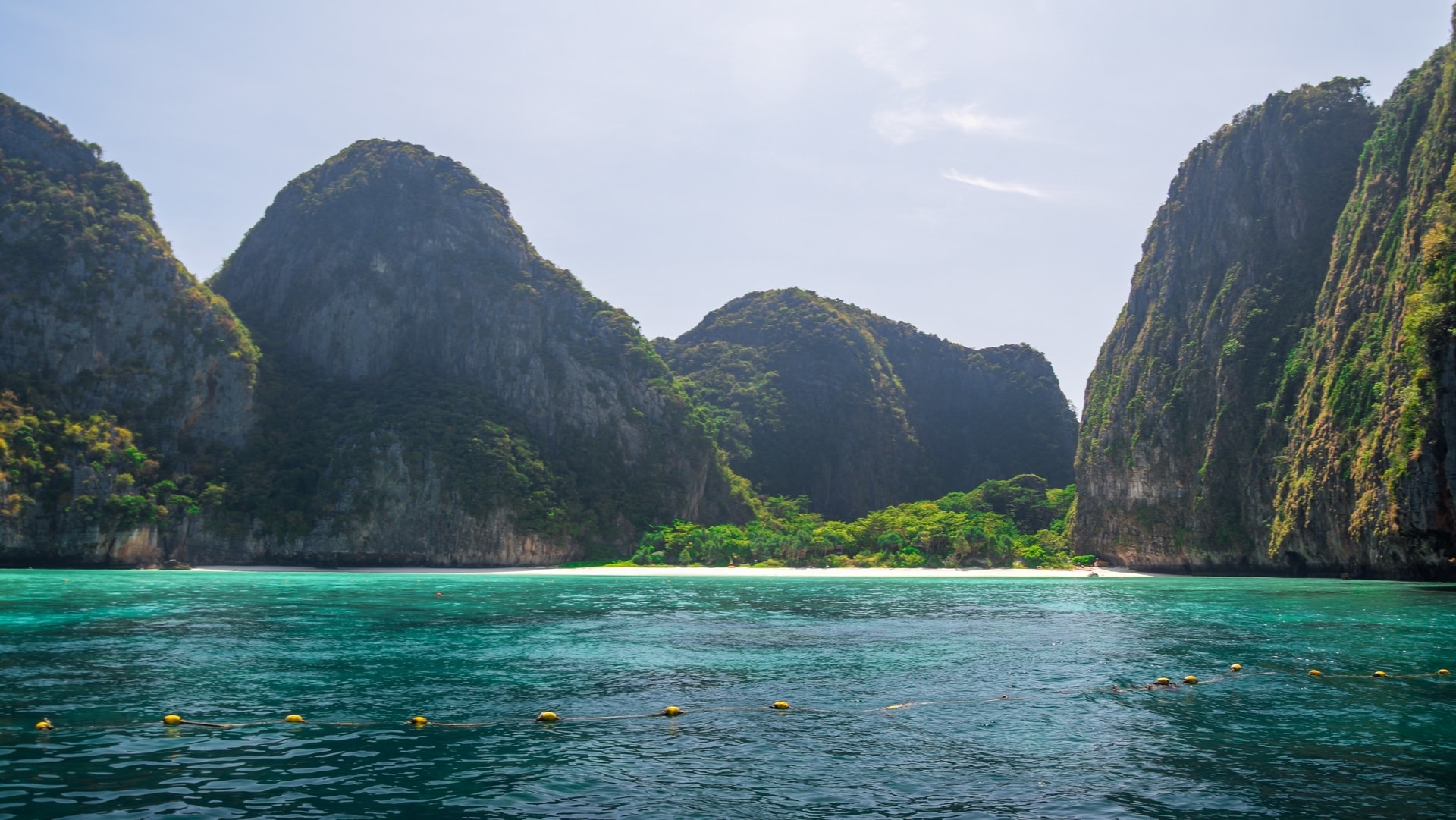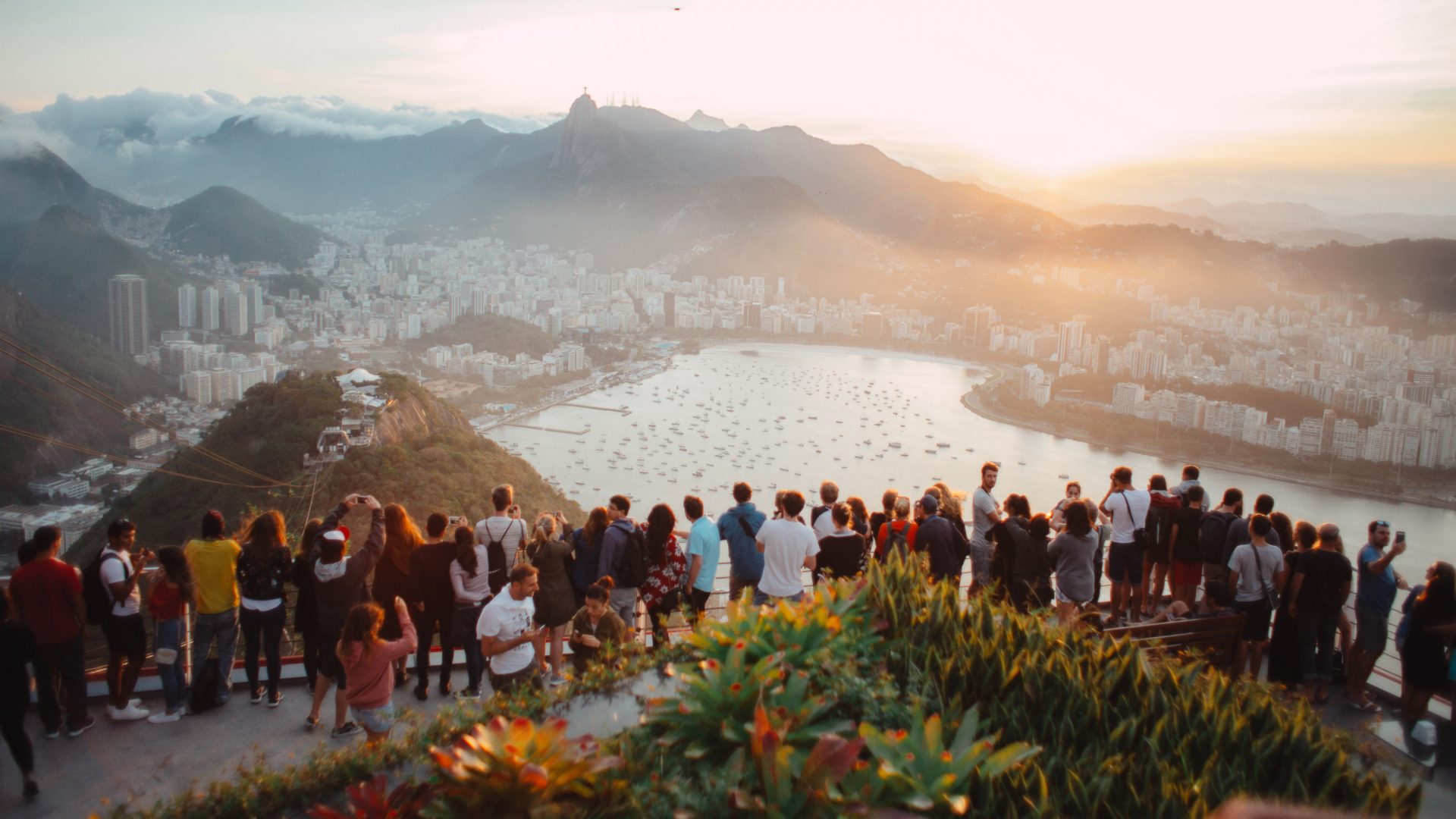In the face of uncertainties due to climate change and geopolitical tensions in the region, it’s encouraging to hear local voices being heard in debates about the future of Pacific tourism—and political leaders appearing to respond.
The Pacific Island Forum leaders’ retreat in Fiji late last month discussed the tourism industry. The forum’s signature Blue Pacific Strategy for regional co-operation recognises tourism is an important component of national development, and the need to balance economic pressures with environmental and cultural protection.
But despite the apparent political will and regional focus on building resilience, tourism development will undoubtedly continue to challenge the desires and initiatives of Pacific peoples seeking more sustainable futures.
While the policy rhetoric sounds good, it remains to be seen whether Pacific governments will remain steadfast and united under mounting pressures from major cruise operators, Chinese commercial interests and large hotels looking to maximise occupancy rates.
Many Pacific people reported the natural environment – along with social, spiritual, physical and mental wellbeing—improved during the pandemic pause in tourism. But the reality of putting local wellbeing ahead of profits and increased tax revenue is yet to be fully tested as tourism bounces back.
***
This article is republished from The Conversation under a Creative Commons license. Read the original article.
